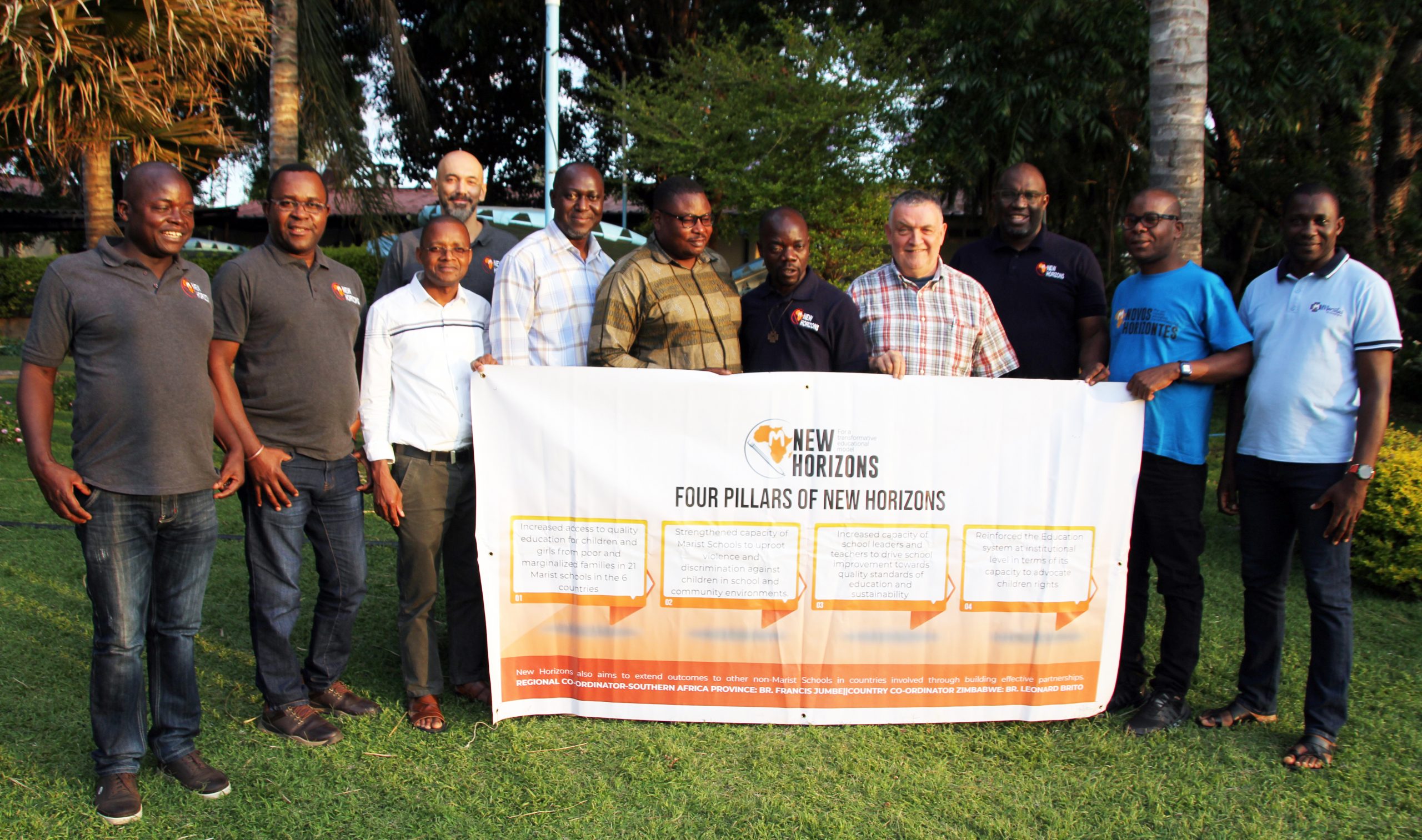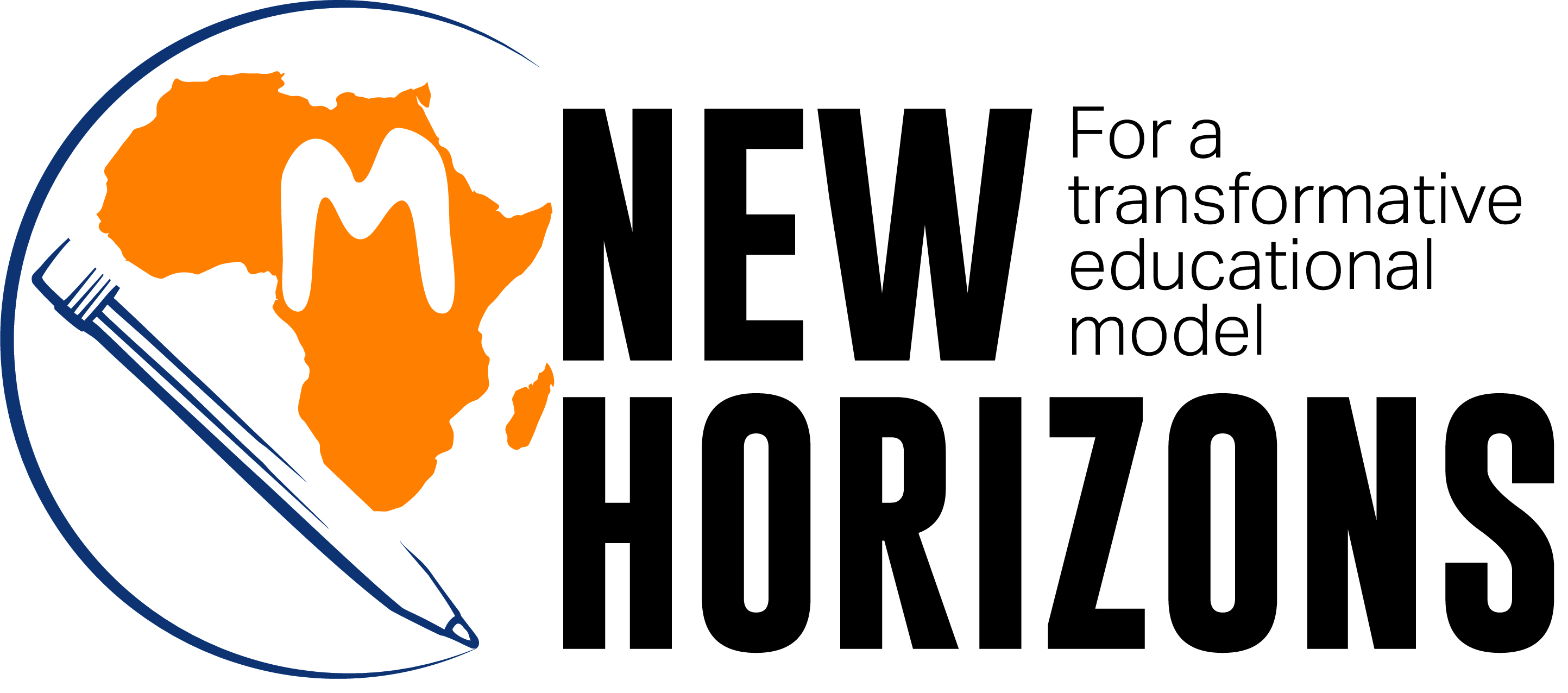
Project New Horizons for a transformative educational model enters its final year in Southern Africa
Despite great progress in the last few years, millions of African children are still denied their right to education. To respond to these challenges, the Marist African Mission Commission launched an initiative called New Horizons, which is now sponsored also by the Institute through the Secretariat of Solidarity, Secretariat of Education and Evangelization and FMSI with the support of Misean Cara.
The project New Horizons, implemented in 21 local schools and communities in Malawi, Angola, Zambia, Zimbabwe, South Africa and Mozambique with 18.334 students, 790 teachers and 469 school staff, aims at increasing equal access to quality education for all children in order to promote equity, social justice and inclusion, pursuing improvement of school in terms of its capacity to become a place for the safeguarding and empowerment of children.
The first phase of the Project was characterized by the 3 formative workshops in 2015-16 (New Horizons – Authentic and Transformative Leadership for a New Africa”) and a pilot project in Malawi (2018-19). The New Horizons II was then launched in July 2019 in all countries that form the Marist Province of Southern Africa. It is now beginning the last year of that second phase. A New Horizons III may be implemented in the next future in other countries.
Meeting of Project’s coordinators
The 3rd Project Meeting took place in Rusape, Zimbabwe, on 25th and 26th September 2022 in presence of all Country Coordinators (Malawi, Zambia, Zimbabwe, Angola and South Africa), the project Manager Br. Mark Omede, the Regional Coordinator Br. Francis Jumbe, the financial officer Br. John Bwanali and the Child Safeguarding Officer Br. Fortune Chakasara. Andrea Rossi and Marcello Romagnoli, from FMSI and Finbar O’Brien, from Misean Cara, were also present.
The last year of the Project will now focus on reinforcing the education system through advocacy, stakeholder engagement and dissemination, with lesson sharing between the different schools and countries, including at least other 10 non-Marist schools in the 6 countries involved.
New Horizons’ challenges
In the 6 countries where the project is operating, 3 main challenges have been identified:
- Access to education marked by sharp disparities due to unequal distribution of resources, including public funding to socially excluded communities, low-income students and vulnerable children (orphans, refugees, children with disabilities) driving them into lower income generating activities.
- Quality of education in need to be improved, lack of flexible curricula designed to enable learners with widely varying needs to be included in the learning process – high dropout rates and and/or poor student performances, interpersonal-violence, including gender-based violence
- Education systems in need to be strengthened to scale up inclusive literacy programs and address the challenges of equity, quality, and social justice
New Horizons educational programme: Video
New Horizons for a transformative education model: Vídeo

